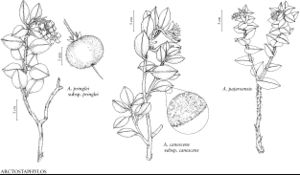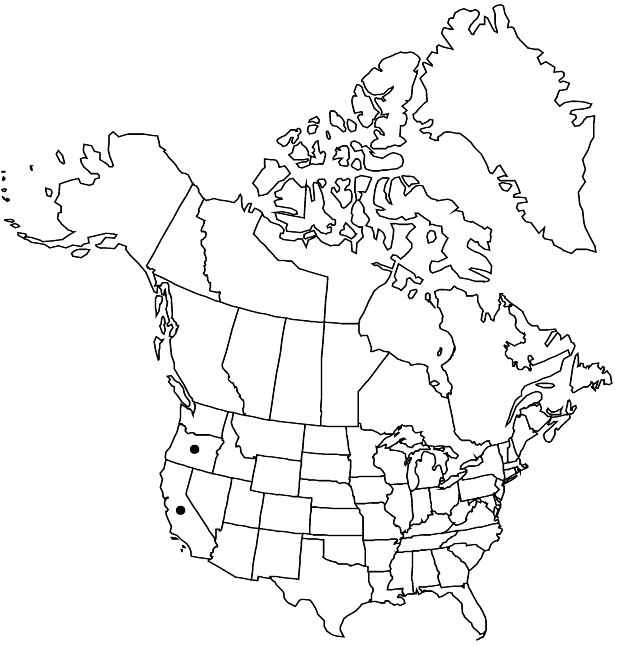familyEricaceae
subfamilyEricaceae subfam. Arbutoideae
genusArctostaphylos
speciesArctostaphylos canescens
Difference between revisions of "Arctostaphylos canescens subsp. canescens"
IllustratedEndemic
Synonyms: Arctostaphylos candidissima Eastwood Arctostaphylos canescens var. candidissima (Eastwood) Munz Arctostaphylos cinerea
Treatment appears in FNA Volume 8. Treatment on page 429.
imported>Volume Importer |
imported>Volume Importer |
||
| Line 61: | Line 61: | ||
|publication year= | |publication year= | ||
|special status=Illustrated;Endemic | |special status=Illustrated;Endemic | ||
| − | |source xml=https:// | + | |source xml=https://bitbucket.org/aafc-mbb/fna-data-curation/src/2e0870ddd59836b60bcf96646a41e87ea5a5943a/coarse_grained_fna_xml/V8/V8_817.xml |
|subfamily=Ericaceae subfam. Arbutoideae | |subfamily=Ericaceae subfam. Arbutoideae | ||
|genus=Arctostaphylos | |genus=Arctostaphylos | ||
Latest revision as of 22:46, 5 November 2020
Twigs densely short soft-hairy, eglandular. Immature inflorescence axes densely hairy, eglandular. Pedicels densely hairy, eglandular. Fruits densely hairy, glabrescent, eglandular. 2n = 26.
Phenology: Flowering early winter–late spring.
Habitat: Chaparral, open forests
Elevation: 400-1700 m
Discussion
Subspecies canescens is widespread in California’s North Coast Ranges and northward into southern Oregon. Disjunct populations occur south to the Monterey, California, area. Hybrids with Arctostaphylos viscida in southern Oregon were named A. cinerea Howell.
Selected References
None.
Lower Taxa
None.

